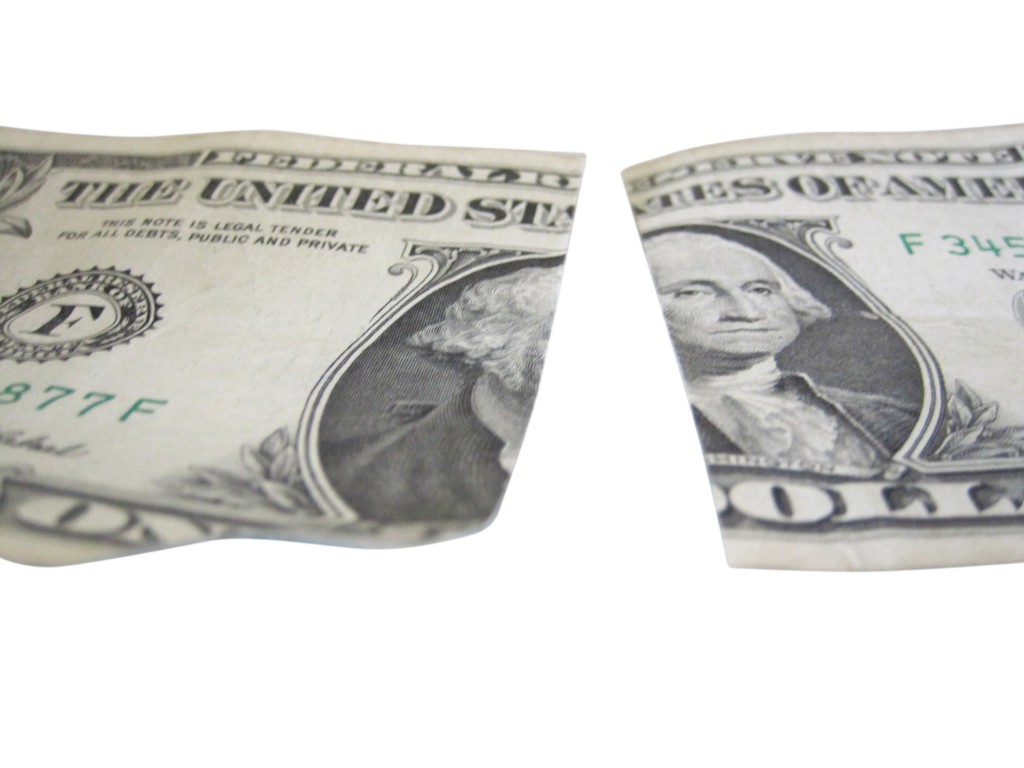Earlier this year, the New York Times reported on the controversy over the Upright Citizens Brigade (UCB) Theatre’s policy of not paying its performers. UCB is almost universally considered the leading improv theater in New York, and attracts much of the top talent. It’s not a small side project, or an isolated community; it shapes the social norms of the New York improv comedy scene. As such, the question of its role in defining the future of New York improv is real and the conversation deserves to be amplified by places like the Times. This controversy followed a similar uproar over former Dresden Doll Amanda Palmer’s decision to not pay her crowd-sourced band members.
When people discuss the issue of when performing for free is appropriate and when it is not, three logics emerge: utility, community, and justice.
The utilitarian logic suggests that if the artist is getting more out of the experience than the host, the artist should not be paid. Adam Thurman explains that for these professional performers, “the real enemy is being invisible.” If the exposure a professional gets from performing at a certain venue is good enough to get her jobs down the line that she couldn’t get otherwise, she should be willing to work for free because the future returns are high enough. If the exposure doesn’t help the performer get work or some other financial compensation down the line, he suggests that performer not take the gig for free. Amanda Palmer’s plan to not pay her band members makes sense under this logic—they’re all unknown musicians and they’re getting the opportunity to tour with a well-known pop artist. This opportunity is probably a pretty good resume booster for someone looking for a career as a back-up guitarist or a pop drummer. Popular improv comedian Chris Gethard agrees, saying “I owe everything to UCB.”
Following this logic to its conclusion leads to the idea that if performers are really getting a lot out of the experience, maybe they should be paying venues for the opportunity. This is happening in music and theater scenes all over the country. Though much of this work preys on wide-eyed performers looking for a break, some folks are actually selling a great experience that performers wouldn’t be able to have otherwise.
One of UCB’s founders characterizes the question of whether to pay differently in one of the most important paragraphs on the Times’s report:
There’s a creative vibe at U.C.B., and to maintain it, we can’t pay people,” Mr. [Matt] Besser said in an interview. “If you pay, then you have to assign worth to shows, and then people will resent that.
This argument follows from the community logic. Here, performers are part of a community that a venue keeps alive. Paying performers would destroy the egalitarian we’re-all-in-this-together spirit. A similar ethic is commonly discussed in politics. Paying voters for showing up at the polls, though it may increase turnout, hasn’t yet caught on because it clashes with the idea that voting is something we do because we love our country, not for a few bucks.
But a day’s work deserves a day’s pay, right? The bank won’t hold exposure as equity (most of the time, anyway). Science fiction author Harlan Ellison lays out this problem bluntly, emphatically pronouncing:
By what right would you call me and ask me to work for nothing? Do you get a paycheck? Does your boss get a paycheck? … Do you pay the cameramen? Do you pay the cutters? Would you go to a gas station and ask for free gas? Would you go to the doctor and have him take out your spleen for nothing? How dare you call me and want me to work for nothing!
Amanda Palmer critic Steve Albini makes a related argument that if the person who would normally be paying is making money (i.e., Amanda Palmer or a venue that programs successful improv comedy), the performer should be getting paid.
With these three different logics leading to different answers on whether to pay performers, it makes sense that controversies would arise. We need to be asking what we want: low cost performances as a locus for social connection and creative expression, market-based exchange, or a day’s pay for a day’s work?
